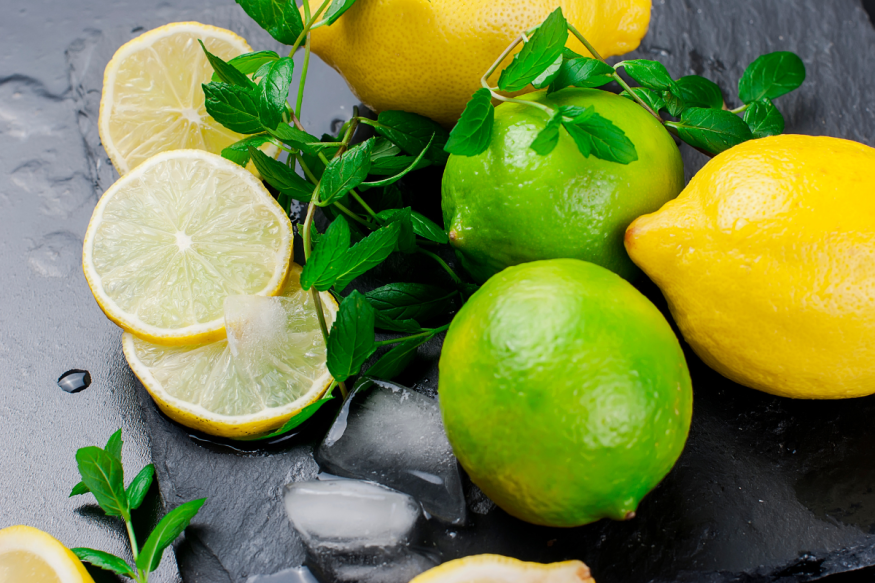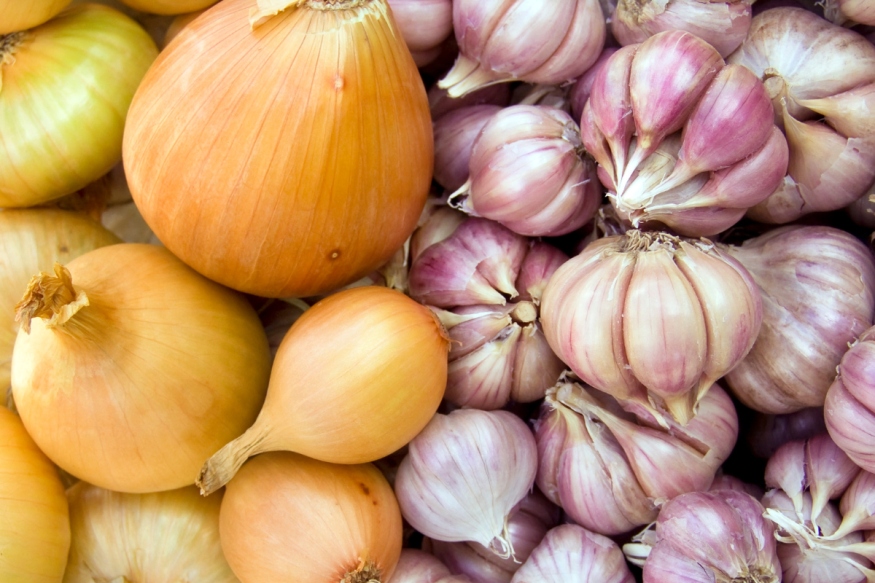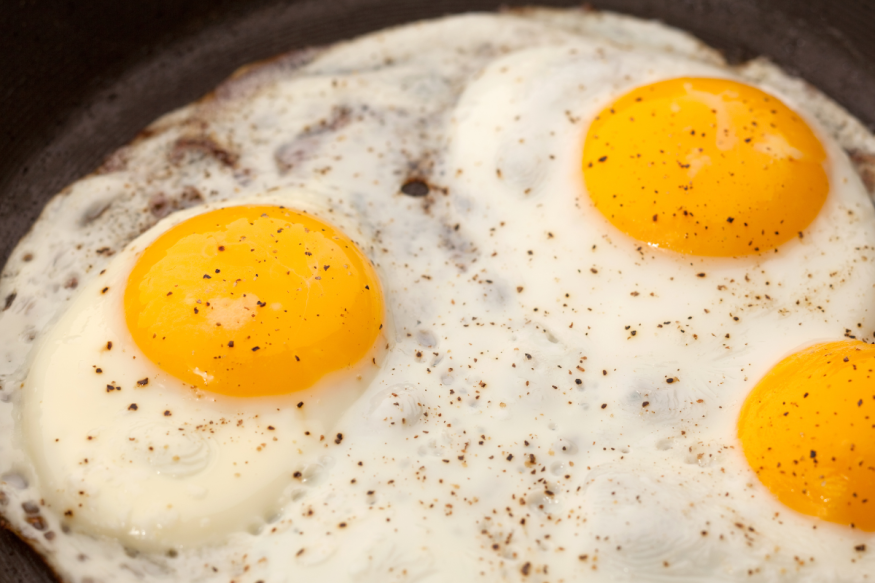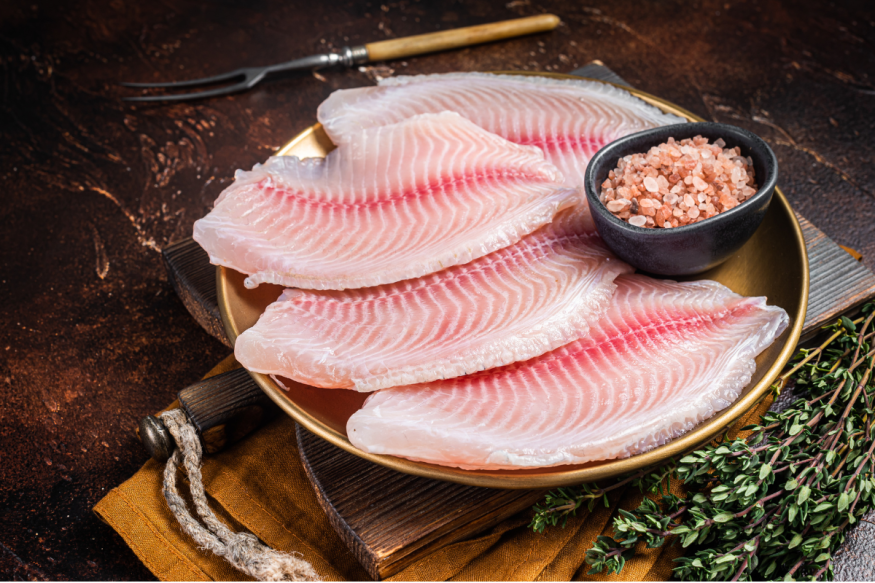Everyone has their theories about how to cook with cast iron and how to care for your gear. We looked at some of these claims and then went myth-busting. Let's separate fact from flimflam.
We recently read an article on Taste of Home that claims that there are certain foods you shouldn't cook in cast iron kitchenware, and it left us scratching our heads. Many of the things they claim are bad moves we do on the reg in our well-seasoned Le Creuset. Our moms and nanas used cast iron to cook EVERYTHING. Seriously. Heating leftovers? Cast iron. Omelets? Cast iron. None of that non-stick stuff for them. Maybe it's because there were too many toxic non-stick pans on the market in their time that would degrade over time. Maybe because that's how they always did it. We went on a fact-finding safari to see if we could poach the truth out of the interwebs about these claims. Let's look at some fact vs. fiction when it comes to cast-iron cookware.

No Acidic Food
OK that leaves out lemons, hot peppers, vinegar, and wine and we are guilty of all of that. Is it true that the acid in these foods can ruin our skillet? Well, Southern Living says maybe. They claim a well-seasoned pan can stand up to the acids, but the perpetual use of highly acidic ingredients may erode the pan and give the food a tinny flavor. They further say that a wine deglaze is fine but maybe watch it with heavy lemon marinated ingredients.

No Aromatic Foods
No garlic? No onions? NO CURRY! Hell no! If this was true it was going to break our hearts. We were literally taught that these ingredients leave behind the scents and notes that make every other meal taste better afterward! The idea of keeping stank foods off your pan may be tied to the myth that you shouldn't use soap on your cast iron pan. We do. There are too many cooties in the world. It seems the Times agrees with us. According to the NYT, once upon a time, most soaps had corrosive lye in them which could screw up your pans, but we have less caustic cleaners now, so if you aren't using industrial strength soap and scrubbing with Brillo it seems it's ok to clean all those stinky food aromas that are left on your cast-iron. This will keep your garlic chicken cutlets from tasting like your pepper steak. So it's more about cleaning here than not using cumin.

No Sticky Stuff
OK, c'mon now folks? No cheese? No eggs? Nothing makes a cheese scramble like our workhorse of a pan. According to Lodge Cast Iron, at least in their pans, it's perfectly ok. Their trick is to preheat the pan with enough oil and add your food after the oil starts to shimmer. They also add that if your fat of choice is butter, adding a little oil before the butter can help you from having to chisel grilled cheese dribblings off your cookware. And again if you are gently cleaning your pan with a mild soap and a non-abrasive sponge, you should be fine.

No Flaky Fish
We sear hearty cuts of tuna and salmon on a cast iron weekly, but what about wimpy fish like trout, cod, or boring old tilapia? Our own culinary missteps have proved to us that white, flaky, super-tender cuts of fish may be better off on enamel or non-stick pan. The porous nature of cast iron, no matter how well seasoned, tends to cling to softer fish flesh and tear it apart. Prevention.com agrees. They also stress scraping underneath the fish to get it off the pan can damage your pan.
So, some truth and some alternative opinions here. The bottom line is when you buy a good cast iron pan, it's an investment. The best source of information on what to cook in it, how to clean it, and how to season it should come from the manufacturer since they've spent truckloads of cash testing all of that. So don't be like us and just listen to your meemaws about if you can cook a souffle in a cast-iron pan. Listen to the people that make the products.









